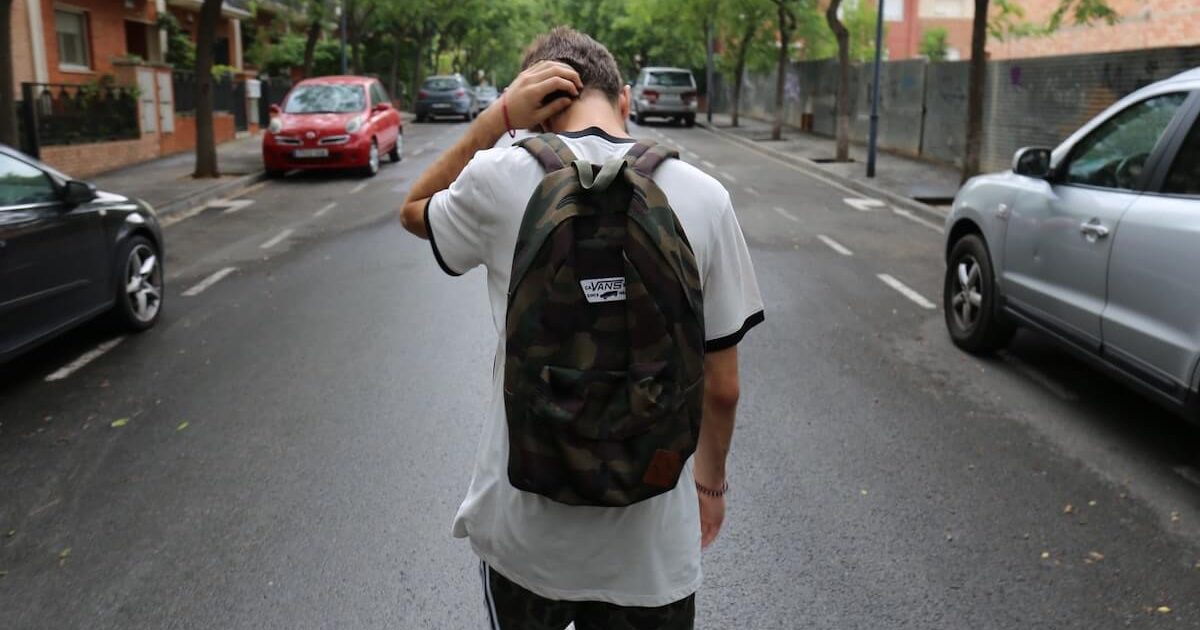When Therapy Doesn’t Help Some Teenagers

Jesús Rodríguez on Unsplash
I’ve provided psychotherapy to teenagers for 25 years…
I’ve worked with them individually and in groups, in public and private schools, community centers, and in private practice. I’ve always found teenagers to remarkably receptive to therapy, especially group therapy. (See “Why Group Therapy is Best for Teenagers”)
So why do so many parents report that their teenagers are unresponsive to therapy?
Specialized training is needed to work with teens. Working with teenagers requires specific training and experience. Many therapists graduate with few clinical tools for working with teens. As a result, they apply adult therapy techniques to adolescents—a guaranteed failure.
Teens lack the emotional maturity of adults. Poor insight, impaired attention, shoddy impulse control, an unstable sense of identity—these are all typical characteristics of teenagers. Developmentally, they can’t participate in the reflective-thinking and insight-oriented work that adults welcome in therapy. Some teenagers may respond, but the vast majority will not. Trying to do adult therapy with a teenager is like trying to force teens to speak in a language they don’t understand. (See “The Negative Voices in Your Teenager’s Head.”)
Therapists are often frustrated by teenagers. Frequently, therapists get frustrated with teenagers and shame them for being unresponsive and not solution-focused. Believe it or not, I’ve heard inexperienced therapists say to teenagers:
- “You’re wasting your parent’s money by not talking to me.”
- “Your behavior is hurting your family. Don’t you want to change?”
- “You’re choices are only making life harder for yourself.”
Such guilt-giving communications destroy teenagers’ trust and confidence. Worse, they encourage teenagers to avoid therapy in the future.
Signs That Teenagers Are in Therapy with the Wrong Therapist
Here are two classic excuses therapists frequently use when they fail to make progress with a teenager:
1. “You can’t force teenagers into therapy. They have to want to be there.”
Nearly all teenagers are therapy hostages. Unlike adults, they don’t choose to be in therapy; they are forced into therapy by their parents, school officials, or mandated reporters. It’s the therapist’s job to convert them into willing participants.
2. “They aren’t cooperating in sessions.”
Of course, they aren’t cooperating. Not cooperating is what teenagers do best. To engage teenagers, therapists need to be creative and flexible while relating to them. Sitting passively and listening, or speaking in psychobabble, doesn’t cut it.
3 Qualities Therapists Need to Work with Teenagers
- Authenticity. Teenagers can spot a phony. They always reject distant, detached, or guarded therapists. Such emotional coldness can increase teen anxiety or exacerbate depressive symptoms
- Good humor. Sadly, teenagers frequently spend time with adults who are stressed out or humorless. An adult with a sense of humor is a breath of fresh air and a good role model. Teens are drawn to them.
- Playfulness. A playful spirit requires lighthearted attentiveness and cheerful flexibility. Teenagers love to talk about movies, sports, video games, etc. A therapist who welcomes all their interests and responds with curiosity will be far more successful.


